The U.S. government might best view the post-hurricane situation in Puerto Rico as one where we should apply doctrines of stabilization and peacekeeping within our own country. This post originally appeared on USA Today.
Today, several thousand Coast Guard and other U.S. military personnel are busy helping Puerto Rico’s 3.4 million inhabitants, with patriotism and courage and compassion and grit. But the overall approach might be best described as a modest response to a disaster. At a time when so many American citizens are suffering, we need to consider a much more massive effort.
The issue here has nothing to do with politics—whether Puerto Rico 2017 after Maria could become, for Donald Trump, what New Orleans 2005 after Katrina became for George Bush. Rather, given how little information is flowing out of Puerto Rico, and given how busy federal officials already are with issues ranging from tax relief to North Korea to other recent hurricane responses, we need to ask if we are missing a new domestic tragedy unfolding in slow motion right before our eyes.
Reports of huge problems with disaster relief are becoming legion. Yes, lots of supplies have been delivered—but many are stuck at ports and airfields due to a dearth of trucks, drivers, fuel and passable roads. Yes, a U.S. Navy hospital ship is en route to Puerto Rico—but it will only arrive there several days from now, and will only have capacity for about a thousand once in place. Finally, as electricity remains out, tempers boil, sicknesses go untreated, and food supplies diminish, wholesale threats to law and order are also possible.
The U.S. government might best view this as a situation where we should apply doctrines of stabilization and peacekeeping within our own country. We have found the necessary military muscle to do so in Iraq and Afghanistan, each with about 10 times the population and each 7-8 times further away from the U.S. mainland. We can do it for our own people today.
U.S. Northern Command, set up in 2002 after the 9/11 tragedies, is well positioned to do what is needed here, and in fact a three-star general from Northern Command has just been put in charge of the effort. But because this is a domestic emergency, the American armed forces can only act in support of domestic authorities, and must take their guidance from the latter, while continuing to be integrated with a multi-agency government response. As such, the impetus has to come from civilian officials. Most notably, FEMA needs to acknowledge more fully that it is not up to the task (through no fault of its own), and the Trump administration needs to recognize that the current pace and scale of relief efforts may not be commensurate with the needs.
If we were to think of this situation as a stabilization effort in a war-torn foreign country, we might in theory need 75,000 troops to handle it, based on the official U.S. military algorithm that 20 to 25 troops or other peacekeepers are needed for every 1,000 civilian inhabitants they are sent to aid. However, large fractions of Puerto Rico’s police force are intact, and plenty of other citizens can be deputized in one way or another to help with an operation. In many cases, such as at hospitals, they can simply keep doing their normal jobs, once provided with needed supplies and electricity.
Taking all this into account, a U.S. military force of 20,000 or so, on top of what is already in place, might be adequate. Any such unit or combination of units would need lots of bridging, other engineering and construction, road transportation, helicopter transportation, and general logistics support assets. As such, the Army’s 101st Air Assault Division would be a candidate; so would a different Army or Marine division, backed up with the logistical and support assets of a major Army headquarters such as the 3rd Corps based in Texas.
Of course, any such military formation would need to get to Puerto Rico—no mean feat, given geography. In the first instance, airlift would have to be the major method of deployment. With airfields already overburdened on the island, unless the Roosevelt Roads base can be quickly accessed, the United States might need to request more contingency access in the Dominican Republic and Haiti, and then stage many helicopter operations from those countries at first. Fortunately, all these islands are close enough to the United States that large fixed-wing aircraft need not depend on jet fuel sources in the Caribbean; they can fly in and out of the region on a single tank of gas. Expeditionary airfields might even be created in parts of Puerto Rico on a crash basis. Within a few days, Marine Corps assets operating off Navy amphibious ships could also arrive to complement the land-based effort.
Once deployed to main staging bases, the military would then fan out, taking supplies to various parts of the country, often by helicopter in the first instance, and then by roads its own engineering and construction units would repair upon arrival. Just as now, priority would be given to delivery of simple food and water, to perishable medicine, to fuel for hospitals and other key infrastructure. Military police or even infantry units could back up local police as needed too, should there be major concerns about crime or law and order more broadly.
Some aspects of this effort might need to continue for a few months, given the timelines being projected for full restoration of electricity. But this would be an intensive operation the most important phases of which would only take weeks. Yes, it would interrupt some ongoing military training—but the logistical complexities of the effort would be challenging enough to constitute a certain form of training all their own.
Like many, my information about Puerto Rico is limited, so some of the above may not be needed by the time this article is read. But we need to assume that it just might be needed, and ask if we are really doing all we can and should to help our fellow Americans at this moment of almost cataclysmic destruction on the island of Puerto Rico. It might also be noted that the world is watching; if we can’t take care of our own, it could raise questions about just how committed we might be to allies and interests abroad.
The Brookings Institution is committed to quality, independence, and impact.
We are supported by a diverse array of funders. In line with our values and policies, each Brookings publication represents the sole views of its author(s).

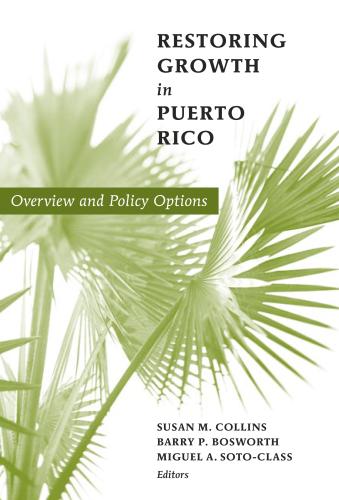
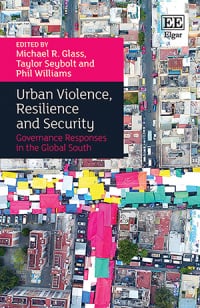
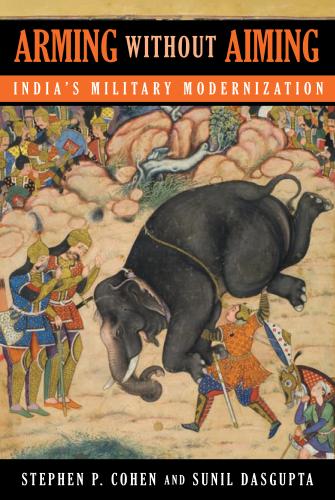
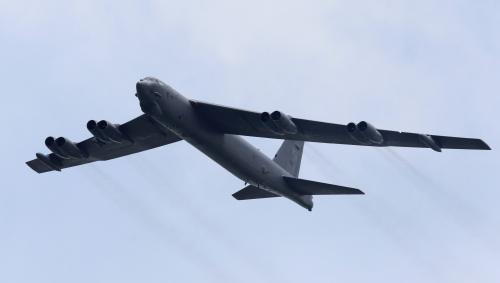
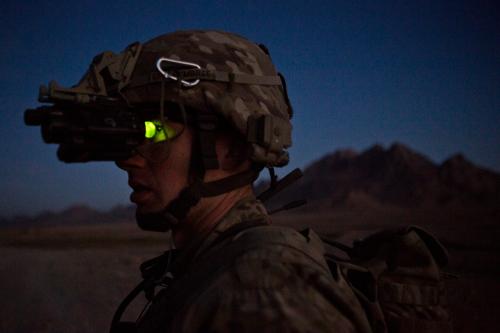
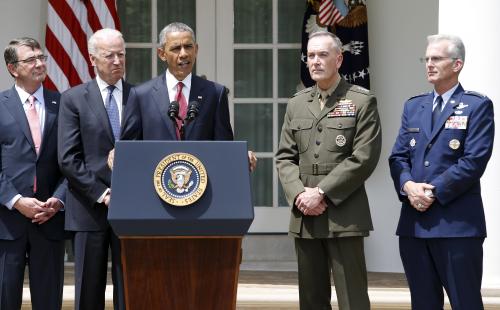


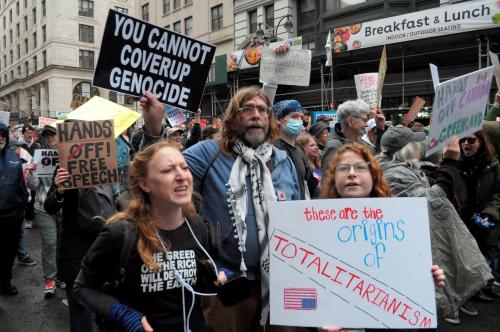

Commentary
Treat Puerto Rico hurricane like rebuilding Iraq and Afghanistan
October 2, 2017